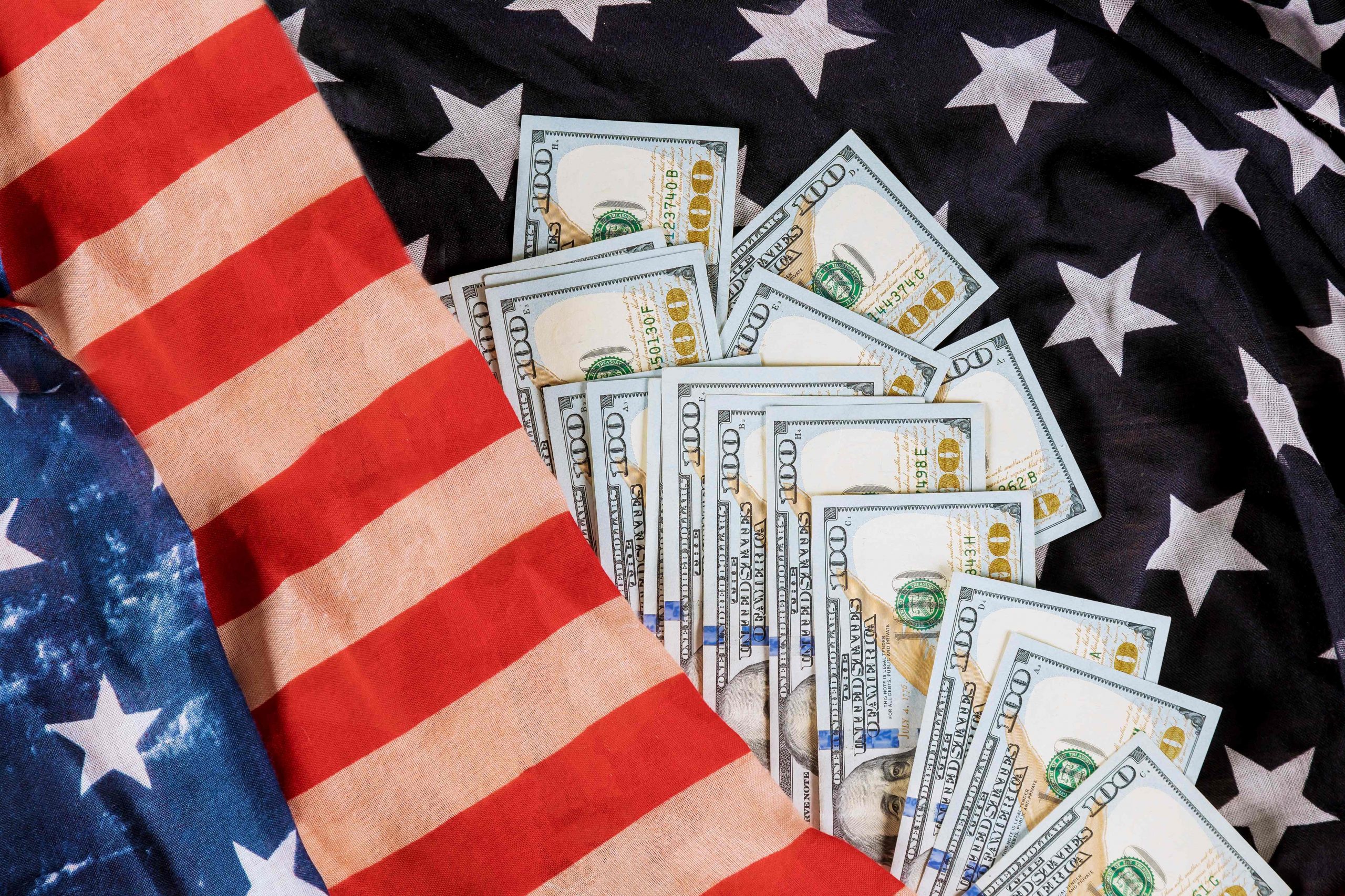The idea of abolishing the IRS and replacing it with tariffs has resurfaced in political conversations, media chatter, and even internet memes. While the concept is appealing to some—particularly those who view taxation as government overreach—the feasibility of funding an entire nation on import tariffs alone raises serious questions.
Let’s explore whether tariffs could really replace the IRS, what the implications would be, and why this topic continues to stir both curiosity and confusion in the American public.
The Allure of a Tax-Free Dream
There’s a certain romanticism in the idea of a world without income taxes. Imagine keeping your entire paycheck, never worrying about filing tax returns or hiring accountants. Politicians and media personalities sometimes float this concept to tap into that fantasy. But when you examine the numbers, reality quickly snaps back into place.
Former President Trump once floated the idea of cutting or replacing income taxes with tariffs. Supporters argue that this could eliminate the need for an agency like the IRS. But is this even remotely possible?
The IRS and America’s Revenue: A Quick Snapshot
Let’s start with some cold, hard numbers.
In 2023, the IRS collected approximately $2.2 trillion in tax revenue. This includes income taxes, corporate taxes, and various other federal levies that help fund the federal government’s operations, from infrastructure to Social Security to military defense.
By contrast, the total revenue from tariffs—taxes on imported goods—was about $80 billion in the same year.
That’s not a typo. It’s a $2.1 trillion gap.
To make up that shortfall using tariffs, the U.S. would need to generate $2.1 trillion more from imports. But how?
The Math Doesn’t Add Up
Let’s run a simple calculation.
The U.S. imported about $3 trillion worth of goods in 2023. To raise $2.1 trillion through tariffs, every single imported item would need to be taxed at an average rate of 70%.
- Your $1,000 television? Now $1,700.
- A $30 blender? Now $51.
- That $250,000 Porsche 911 Turbo S dream car? A cool $425,000 after tariffs.
These aren’t luxury taxes. These would affect everything: clothing, electronics, groceries—anything imported. That would put an unbearable strain on consumers, particularly middle- and lower-income families who rely heavily on affordable imported goods from discount retailers like Walmart.
The Real-World Impact of a 70% Tariff
A 70% tariff on imports would send prices skyrocketing, disrupt supply chains, and likely ignite inflation levels unseen in decades. Beyond the economic shock, there’s a geopolitical risk as well—such aggressive tariffs could spark trade wars with key partners, potentially leading to retaliatory tariffs on American exports.
Moreover, not everything can be manufactured domestically at the same quality or cost, and reshoring all production isn’t a fast or simple process. We rely on global trade. Tariffs are a lever—not a replacement for the entire tax system.
The IRS: Bloated Bureaucracy or Necessary Machine?
There’s also confusion about what the IRS actually does and whether it’s bloated or essential. Recent headlines highlighted the hiring of 87,000 new IRS agents, which caused a stir. Some feared they were being armed. While it’s true that a portion of IRS Criminal Investigation Division officers are trained and armed (as they investigate serious tax crimes), the vast majority are desk auditors, IT specialists, and administrative staff.
Regardless of perception, the IRS remains central to collecting revenue, enforcing tax laws, and funding government operations.
Could a Flat Tax Be a Compromise?
While replacing the IRS with tariffs isn’t feasible, tax reform certainly is on the table. One idea that continues to gain traction is the flat tax—a single tax rate for all income levels.
Let’s say a 15% flat tax was implemented across the board. This could simplify the system and eliminate loopholes, but critics argue it could disproportionately affect lower-income earners. Still, proponents say pairing it with the elimination of taxes on Social Security and some wage protections could help balance the impact.
There’s even talk of eliminating taxes on Social Security altogether, which many argue is a double tax—you pay into the system through FICA during your working life, then get taxed again when you receive benefits.
Planning Around Taxes, Not Avoiding Them
Despite the annual dread of April 15, tax planning is not a once-a-year activity—it’s an ongoing process. While we may not eliminate the IRS anytime soon, we can take smarter steps to reduce tax liabilities.
Many financial advisors avoid tax discussions entirely, often because they aren’t legally permitted to give tax advice. But tax-savvy planning, like Roth conversions, capital gains harvesting, and strategic IRA withdrawals, can drastically lower your long-term tax bill.
For instance, by selling up to $90,000 of appreciated stock, you can pay zero capital gains tax under certain thresholds. Pairing this with standard deductions and thoughtful IRA withdrawals can yield a surprisingly low (or even zero) total tax bill.
Imagine this:
- $90,000 in capital gains (no tax).
- $30,000 IRA withdrawal (offset by standard deduction).
- $120,000 total income – and no taxes paid.
Conclusion: Tariffs Alone Can’t Foot the Bill
Abolishing the IRS and relying entirely on tariffs is not just politically impractical—it’s mathematically impossible without devastating consequences. While tariffs can supplement revenue and act as tools of trade policy, they are no substitute for a well-structured tax system.
Reforming the tax code? That’s a discussion worth having. Whether it’s a flat tax, tax breaks for retirement income, or eliminating double taxation, there’s room for innovation.
But let’s keep the conversation grounded in reality. Taxation is complex, but it’s also necessary. And unless you’re ready to pay $4 for a banana and $50 for a T-shirt, it’s safe to say we’ll be living with the IRS for the foreseeable future.
Key Takeaways
- Tariffs in 2023 generated $80 billion, while the IRS collected $2.2 trillion.
- Replacing the IRS with tariffs would require an average 70% tax on all imports.
- Such a shift would inflate consumer prices dramatically and harm the economy.
- Smarter tax planning—including Roth conversions and capital gains harvesting—can reduce liabilities without eliminating the tax system.
- A flat tax or targeted tax reforms may offer more realistic solutions for simplifying and improving the system.
Whether you love or loathe the IRS, the path forward lies in reform, not abolition.
Also read: Crypto vs Stocks: What Should You Really Own?
About:
Our Channel “ ON THE MONEY“, is powered by Allied Wealth, Houston’s premier wealth management and financial planning firm. On the Money brings viewers educational, topic-driven, and real-life financial scenarios every week.
Topics we will be covering are Retirement and Financial Planning, Investment Selection, Retirement Income Planning, Taxes and Taxation during Retirement, Healthcare, Long Term Care, Legacy and Estate Planning, in addition to important Market and Economic changes impacting Retirement.
Allied Wealth is fully dedicated to your financial future, financial security and retirement.
With Allied Wealth, you will spend less time worrying and more time enjoying the life you’ve earned!





